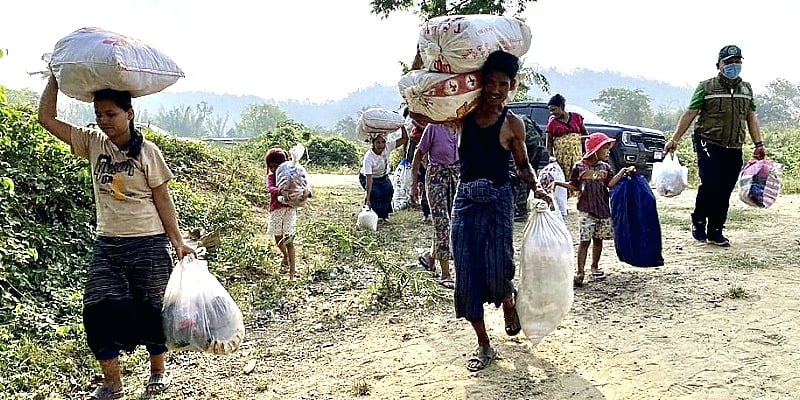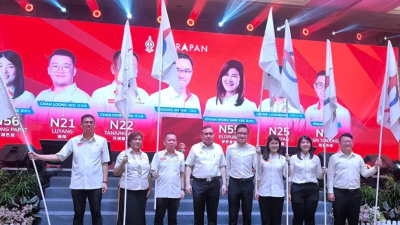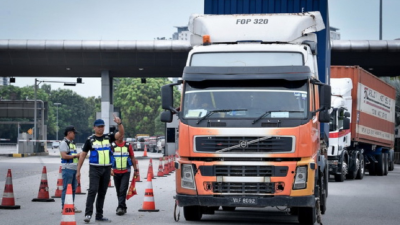In a few days, Asean will have to once more take stock of its efforts to restore peace and democracy in Myanmar.
Two years ago on April 24, nine leaders of the Southeast Asian bloc met in Jakarta for an emergency meeting with Min Aung Hlaing, the leader of the Myanmar junta, who had seized power from the democratically elected government of Aung San Suu Kyi three months prior.
Behind closed doors, a set of demands was put together and seemingly pushed out by consensus, including an apparent acknowledgment from the new military ruler.
Fast-forward to today, that document, the Five Point Consensus (5PC), mostly remains a piece of paper.
The urgency of that regional powwow has also given way to a hushed busyness that serves only to punctuate the inaction. It is quite on-brand for Asean, some might say.
Others may point to Asean’s failure to act against the coup in Thailand in 2014 as the precedent for the current order of things.
For far too long, Asean looked the other way from the violent upheaval in the name of noninterference.
Meanwhile, the military regime’s repression of the people continues, and its paranoia and defiance of efforts to broker a ceasefire are ever more deeply concerning.
But it is never too late for a change of tack and Asean could make the most of the current turning of the tide.
The military’s seizure of power in February 2021 and the subsequent arrest of elected leaders, including Suu Kyi, may have resulted in a significant deterioration of human rights and democratic institutions.
The junta’s actions may have resulted in the detention of thousands of people, including activists, journalists and members of civil society, and cost countless lives.
But the recent airstrikes targeting junta opponents certainly smack of desperation.

According to one estimate from the shadow National Unity Government (NUG), at least 30,000 junta troops have died in clashes with the people’s resistance forces, ethnic armed groups and other revolutionaries since the coup.
So while Asean operates silently with its hands mostly tied, Myanmar’s people power has grown considerably.
The Civil Disobedience Movement (CDM) continues to defy the systematic campaign of violence meted out by the military rulers against it and, as a result, it is attracting sympathizers even among the nation’s armed forces.
It is time we properly support the will of Myanmar’s people.
So while Asean should continue to push for a peaceful resolution to the crisis, its efforts must include meaningful engagement with all stakeholders apart from the junta.
We can be certain this is the right path, because we know Myanmar’s coup makers do not care at all about Asean.
As such, efforts to promote dialogue and reconciliation must be backed by strong diplomatic and economic measures, including the suspension of Myanmar’s membership in Asean until democracy is restored.
It is imperative that Asean and the international community step up their efforts to address the situation in Myanmar and hold the junta accountable for its crimes.
The imposition of targeted sanctions against the military junta and its supporters, as well as the provision of humanitarian assistance to those affected by the crisis, are essential steps toward achieving these goals.
It is crucial that the people of Myanmar are not forgotten in the midst of this protracted crisis.
They have been the primary victims of the junta’s violence and repression, and their voices must be heard.
The international community must stand in solidarity with them and support their efforts to restore democracy and respect for human rights.
They deserve better, and it is the responsibility of all of us to ensure that their voices are heard and their rights are protected, which is the very reason for the formation of the Asean community.
ADVERTISEMENT
ADVERTISEMENT








































